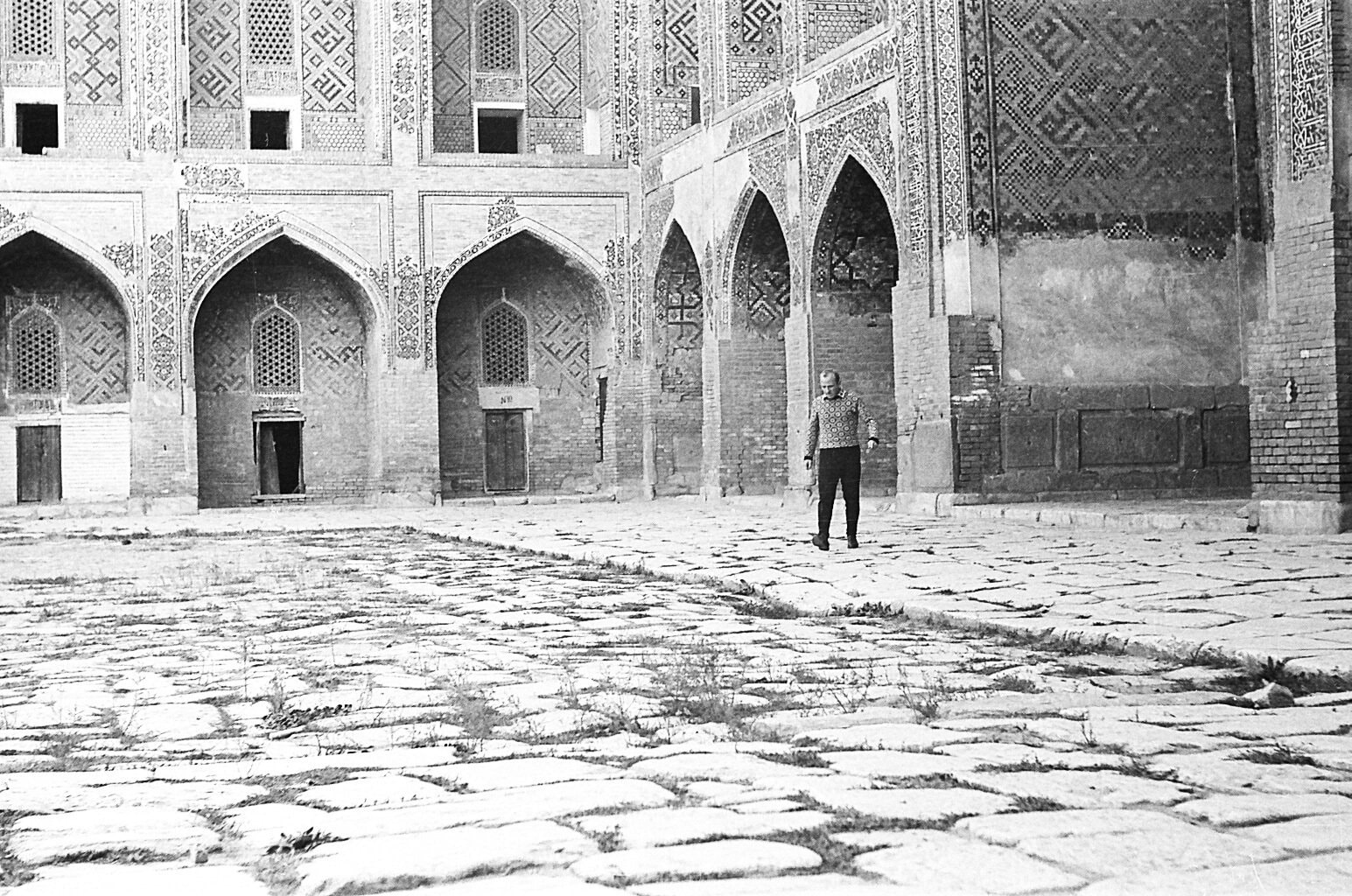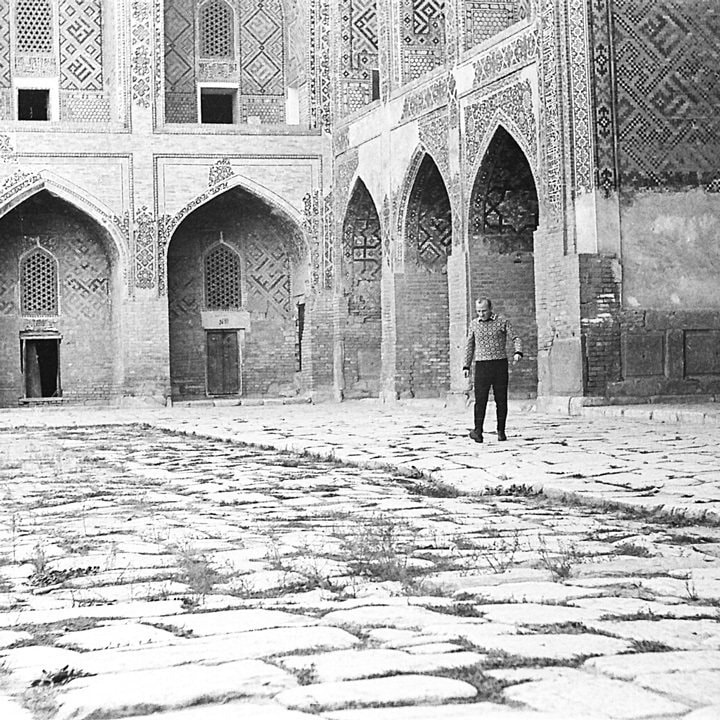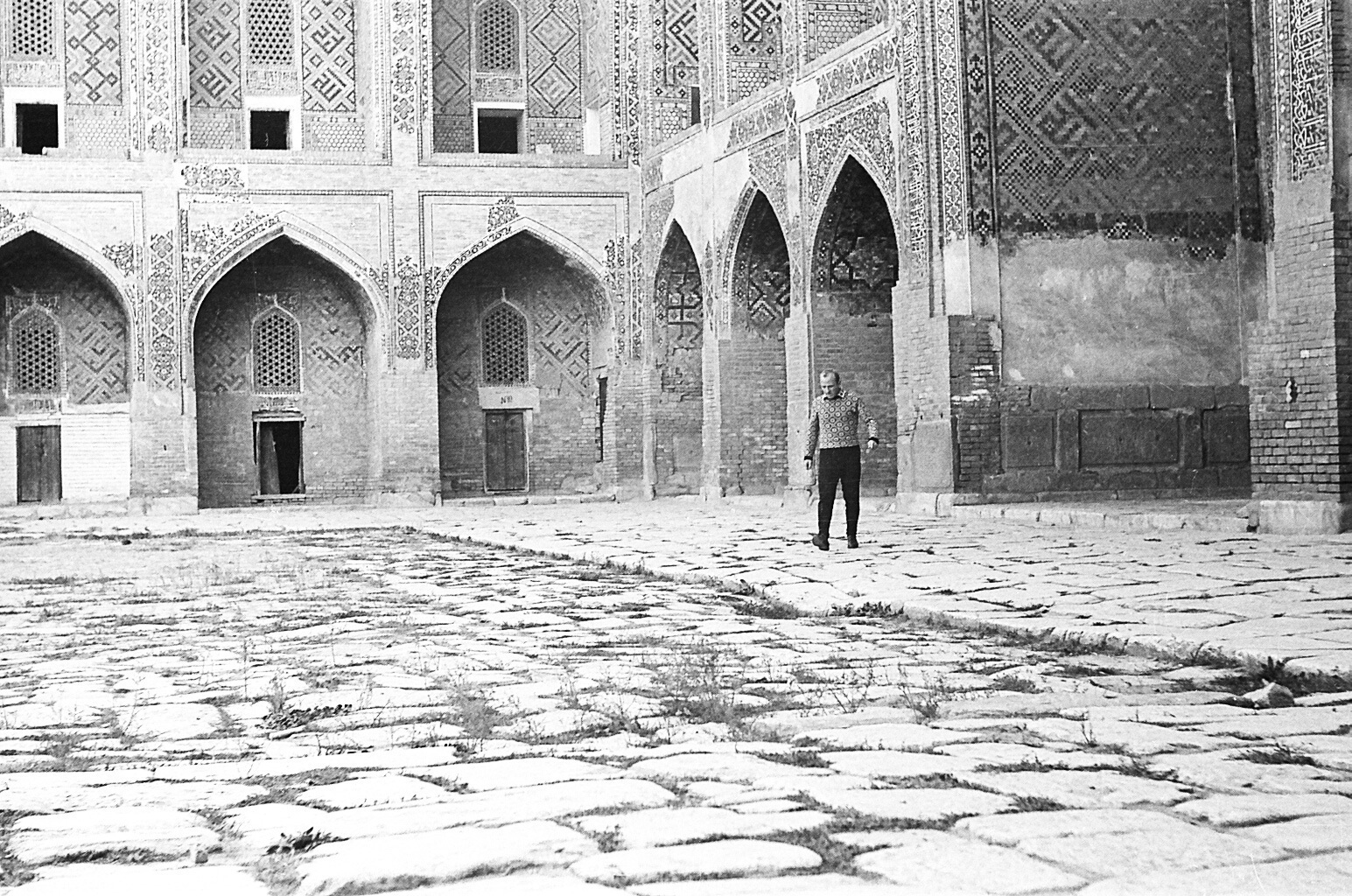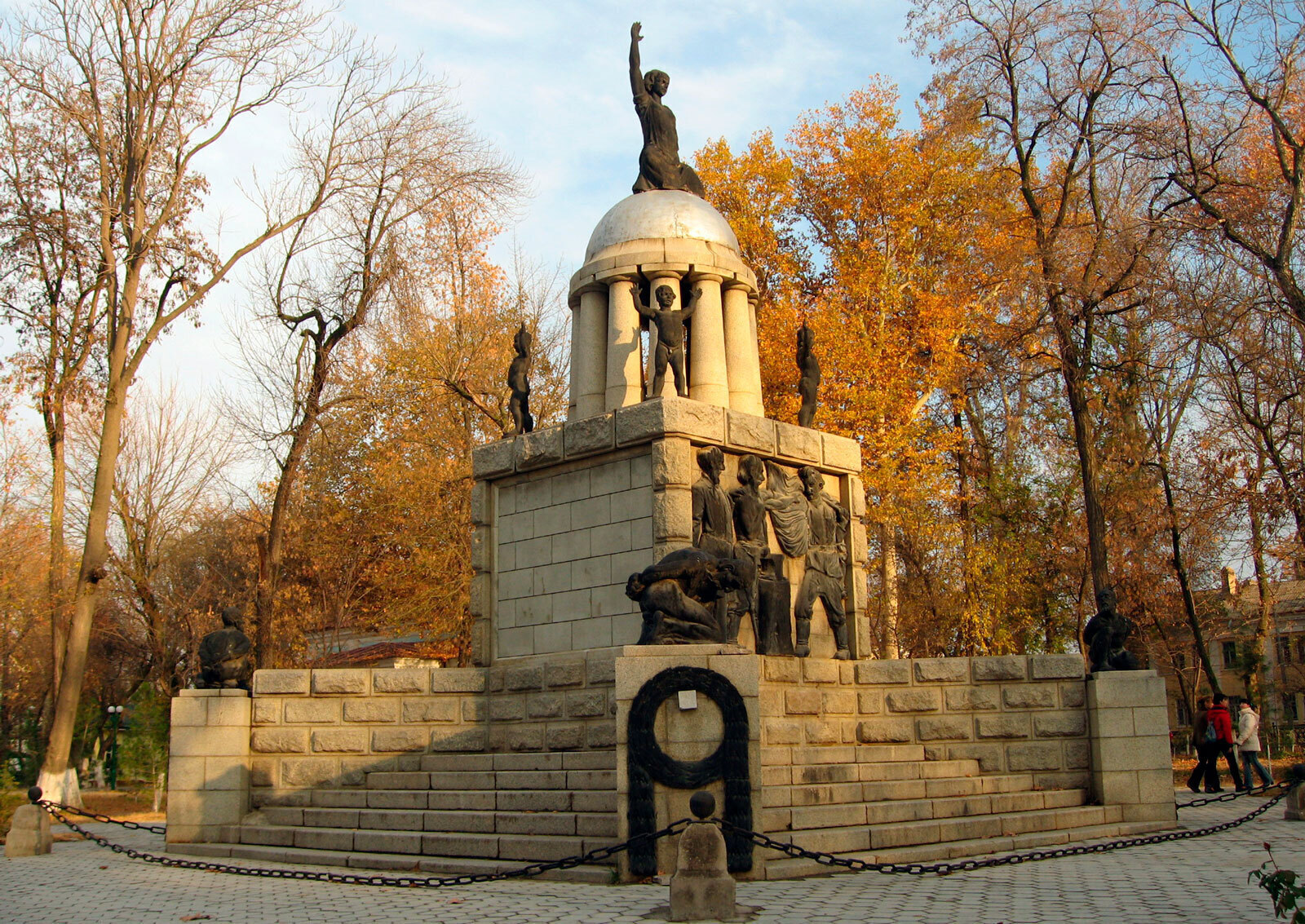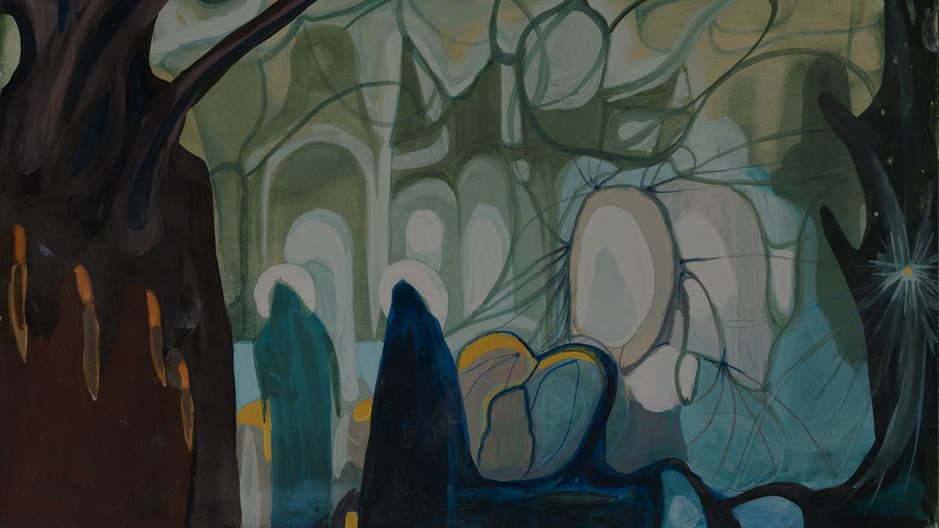This project continues Alexey Ulko’s research into Central Asia’s role in the development of the esoteric (primarily anthroposophical) movement in Russia and the Soviet Union.
Starting from the 1870s, Central Asia played the part of the Other for the Russian Empire, but also contributed to the national and cultural self-identification of its population, as can be traced through various cultural and anthropological materials. Ulko is focusing on documentation and mainly artistic materials related to the life of representatives of different esoteric movements in Central Asia in the 1920s and 1930s. The postcolonial lens he has chosen is a particularly attractive research tool because of the complex relationship between two kinds of domination: the colonial exoticization and alienation of the East—concepts shared by many esoterically-minded artists and thinkers —and the ideological suppression of «anti-Soviet» esoteric theories and practices, which were often defined by the authorities as «anarcho-mysticism.»
The project involves working in archives in Samarkand, Almaty, and Tashkent which contain documents related to the work of esoterically-minded artists and authors in these cities, in Moscow, and in the Goetheanum in Dornach, the world center of the anthroposophical movement. The project also involves collaboration with representatives of the anthroposophical community working in the field of art.
Status: 2018–2019
Researcher: Alexey Ulko
